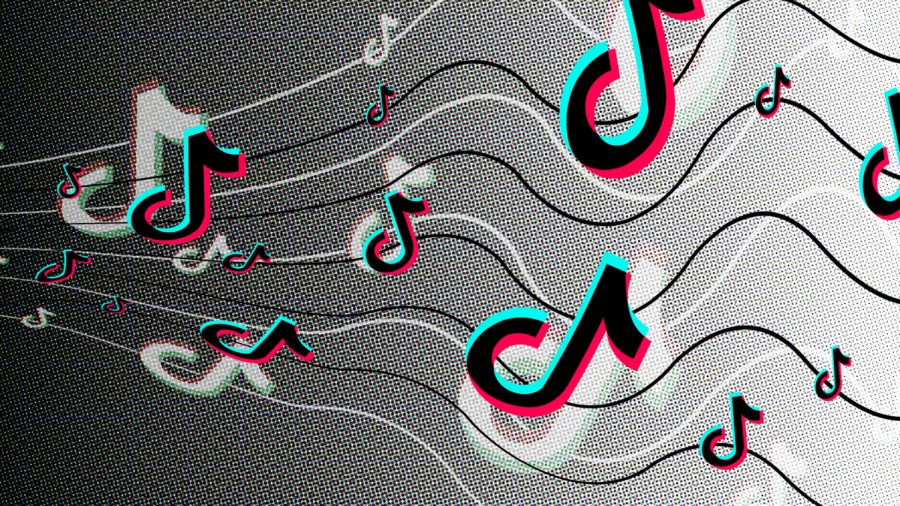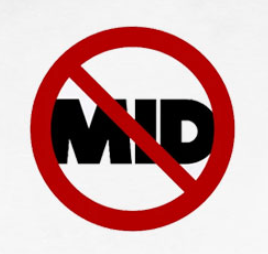Contemporary music discourse has yet to depart from the role of TikTok in shaping artistry, its publication, and its distribution. At this point, to deny the relevance of the social media platform is to assert the sky is not blue; statistics from the end of 2021 show that 67% of TikTok users are more likely to search for songs on streaming services after they come across them while scrolling through the app. Thus, the conversation has shifted from the viability of TikTok as a tastemaker for the hottest records, to the damage TikTok has caused to the approach of musicians and the record industry at large.
A handful of arguments that support this notion have reverberated through the halls of the music criticism chamber: TikTok trends dictate chart placements without considering artistic merit; record labels force the artists they represent to use TikTok as a vehicle for promotion; and TikTok prioritizes a danceable 15-second snippet of a song over the full duration of a track. Uttered through multiple lenses, these talking points share a common thread — one that speaks to the tarnishing of music and its integrity in the clutches of TikTok, as well as the uprooting of traditional conceptions of music. Such observations insinuate that music preceding the birth of TikTok possesses more artistic validity and less manufactured entertainment, bearing a striking resemblance to the principles of rockism.
In the early 1980s, British rock musician Pete Wylie coined the term “rockism” to represent the belief that authenticity and artistry are at the core of rock music, placing the genre on a pedestal above the rest. A crucial detail to recognize about this set of values is the double-edged sword it wields: not only does rockism subscribe to the superior qualities of a rock composition, but it also subscribes (with just as much conviction) to the inferior qualities of pop music. As music critic Kelefa Sanneh succinctly defines it, “rockism means idolizing the authentic old legend (or underground hero) while mocking the latest pop star; lionizing punk while barely tolerating disco; loving the live show and hating the music video; extolling the growling performer while hating the lip-syncher.”
Not only do the pillars of rockism perpetuate the illusory “music as high culture” phenomenon — which perceives one art form to hold objective superiority over another — but rock music itself has not always maintained this highbrow status rockists assign it. In fact, when rock music was a staple of 1950s and 60s popular culture, music critics like Allan Bloom cited rock as a “nonstop commercial prepackaged masturbational fantasy” that molded the minds of its youthful audience. Rockists’ refusal to acknowledge the history of rock as a popular genre with tendencies akin to the successive popular genres they lambasted formed a glaring double standard that warranted countercriticism.
An opposing movement emerged under the label of “poptimism” — a divergent approach to music criticism that treated pop music with the same reverence as rock music. Because poptimism is positioned as the opponent of rockism, it has faced scrutiny for basking in its own bias towards pop music, thus embodying the very problem it seeks to dismember. While several self-proclaimed poptimists may unabashedly champion the genre and hold it in higher regard than rock music, it is paramount to recognize that the values behind poptimism sprouted from a rocky soil.
This binary — the purist versus the populist, as writer Robert Loss puts it — has continued to permeate music criticism, with each era of popular culture switching the teams and their rosters. In the present moment, TikTok has assumed the role of the divisive force. If this pattern of discourse is truly cyclical, it is only a matter of time before publishing and marketing music through TikTok becomes the “authentic” alternative to whatever platform reimagines the contemporary landscape of music next.
To claim, therefore, that TikTok specifically functions to strip music of its authenticity demonstrates a shortsightedness that demands examination. When the argument is posed that TikTok shapes the charts, will we also criticize the chokehold that radio — a medium rife with inauthentic practices at the hands of payola — has historically had on Billboard placements? When the argument is posed that artists are pressured by their labels into promoting their craft on TikTok, will we also criticize the inception of 360 deals and other contractual traps that have stripped and will continue to strip artists of their earnings? When the argument is posed that artists focus on capturing 15-second lightning in a bottle instead of curating something more layered, will we also criticize every artist preceding TikTok who created a hit track remembered most vividly by its catchy chorus?
In the same manner that rockists misplace their frustrations with the trajectory of music creation by pinning it on a genre, those who assert that TikTok has ruined music misplace those same frustrations by blaming a social media platform. TikTok is the new vessel through which the same old patterns of the music industry persist, and yet to disregard TikTok entirely is to turn a blind eye to the millions of artists who have used the platform in innovative ways to break through the mold and garner attention. Much like the need for rockists to reassess the root of their displeasures with mainstream artistry, contemporary music purists must redirect their vexations towards the ills of the music industry — a hotbed of corruption that seeps into the corners of TikTok, but does not drown it.




